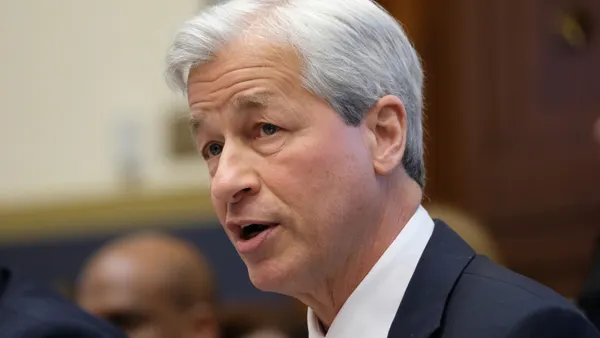The Consumer Financial Protection Bureau withdrew dozens of pieces of prior guidance Monday, according to a document published to the Federal Register on Friday.
The 67 rescinded items include guidance regarding fair lending, overdraft fees, buy now, pay later firms, earned wage access programs and more, in alignment with an internal memo Chief Legal Officer Mark Paoletta sent last month.
“[T]he Bureau is committed to issuing guidance only where that guidance is necessary and would reduce compliance burdens rather than increase them. Historically, the Bureau has released guidance without adequate regard for whether it would increase or decrease compliance burdens and costs. Our policy has changed,” CFPB Acting Director Russ Vought wrote Monday.
The affected guidance – some of which dates back to 2011 and some of which was released during President Donald Trump’s first term – has been withdrawn to allow the bureau to evaluate whether it’s statutorily prescribed and whether it imposes or decreases compliance burdens.
“[L]eaving guidance documents in place while the Bureau reviews each interpretation to determine its net effect on compliance burdens … risks imposing unnecessary and illegal compliance burdens in the interim,” Vought wrote.
Some of the guidance might be reissued in the future, he wrote. But the enforcement of the guidance against parties that don’t conform with the guidance amid this withdrawal won’t be prioritized.
Guidance that goes beyond the regulation or statute it refers to is “unlawful,” Vought wrote, “undermining any reliance interest in retaining that guidance.”
The CFPB since late January has scrapped prior rules and guidance, abandoned several legal cases against banks and financial services companies, and its leadership has been fighting in court for the ability to lay off 90% of staffers. At least one lawmaker, Sen. Ted Cruz, R-TX, has introduced legislation to defund the agency.
Brady Williams, legal counsel for consumer advocate Better Markets, called the effort to rescind “virtually all” of the CFPB’s prior policy guidance “an alarming move that threatens the integrity of consumer oversight, erodes transparency, and signals a dangerous capitulation to industry influence.”
Among the rescissions is guidance that prevented nonbanks and fintech companies from misrepresenting themselves as insured by the Federal Deposit Insurance Corp., Williams noted in a prepared statement Friday.
“Without clear and enforceable guidance, companies may now feel emboldened to blur legal lines and deceive the public,” he wrote. “Consumers could soon be depositing their money into risky, uninsured accounts under the false belief that their funds are federally protected. It’s a regulatory sleight of hand that puts working families’ savings and financial stability overall at risk.”













